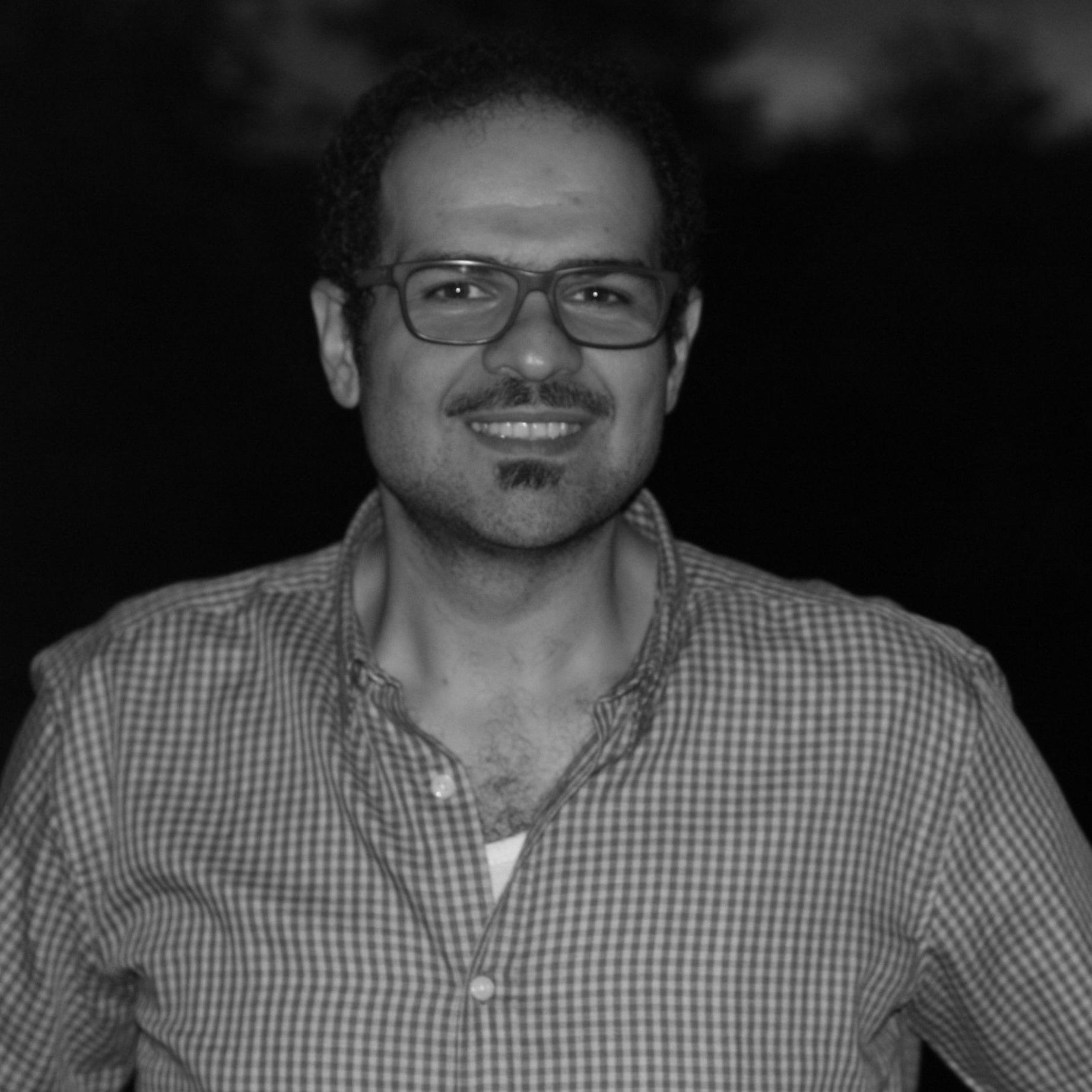Musical Remains and Songs in Syrian Prisons and Exile
This project seeks to closely study singing and music both in and out of Syrian prisons and in exile, and to understand how music is used to cope with imprisonment and as an act of resilience and resistance in prison and outside of it. Moreover, the research traces the course of singing and music (in prisons, out of prisons, and outside of Syria – in exile) with the displacement of hundreds of former Syrian political prisoners to Europe from the 1980s to the present, from the Hama Massacre in 1982 to the Syrian Protests in 2011. It analyzes the transfer of cultural practices happening among different places and people (Said 1983, Greenblatt et al. 2010, Cohen & Serkici 2011). As such, this research aims at (1) structuring and constituting new frames and schemes for a musical genre of “prison songs” in Syria that has not yet been described in the cultural field, (2) studying the cultural practices of singing and music, their (re)-performances in and out of prison, their consumption and production, (3) dealing with music and singing as “lieux de mémoire” as memorial objects that bridge a traumatic past with a hard present, and newness and futurity represented by re-making and re-performing a new exile through music, and (4) re-constructing, reviving, and remaking prison songs, their lyrics and musical instruments through extensive fieldwork among survivors by building a digital musical archive. Music of the diaspora and from prison illustrates new schemes and instruments for survivors that can contribute to (de)construct the imaginary and imagination of homeland and/or exile, connecting an already finished musical act performed in the past in prison with a new re-performed one in the present in exile.

